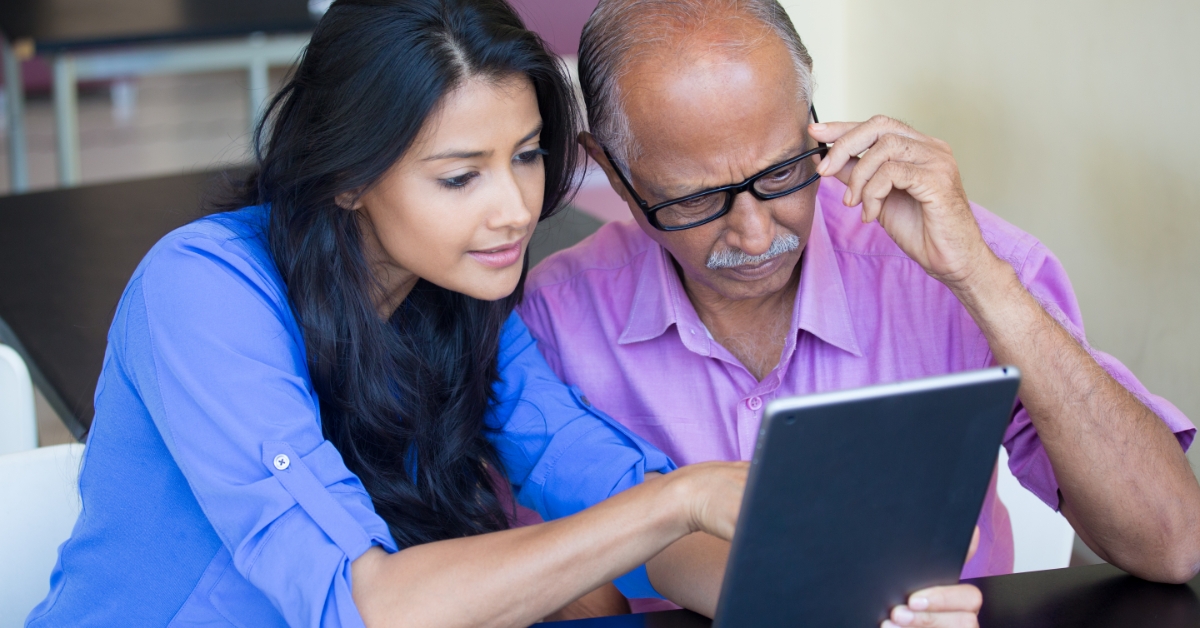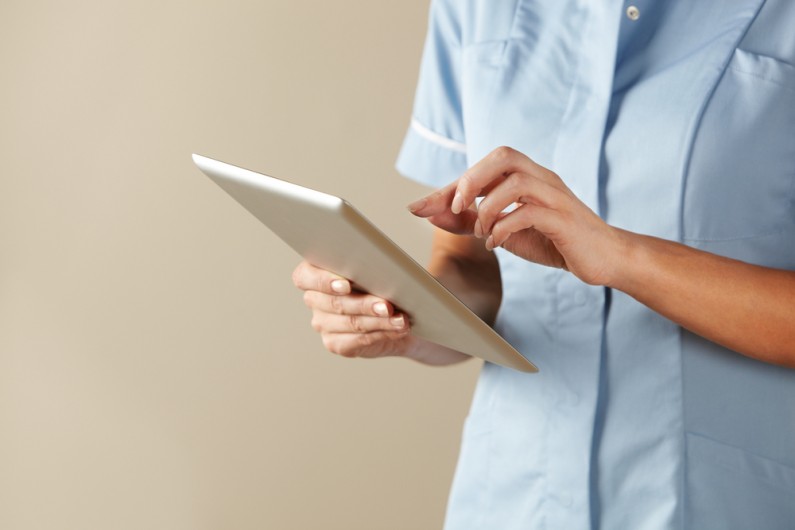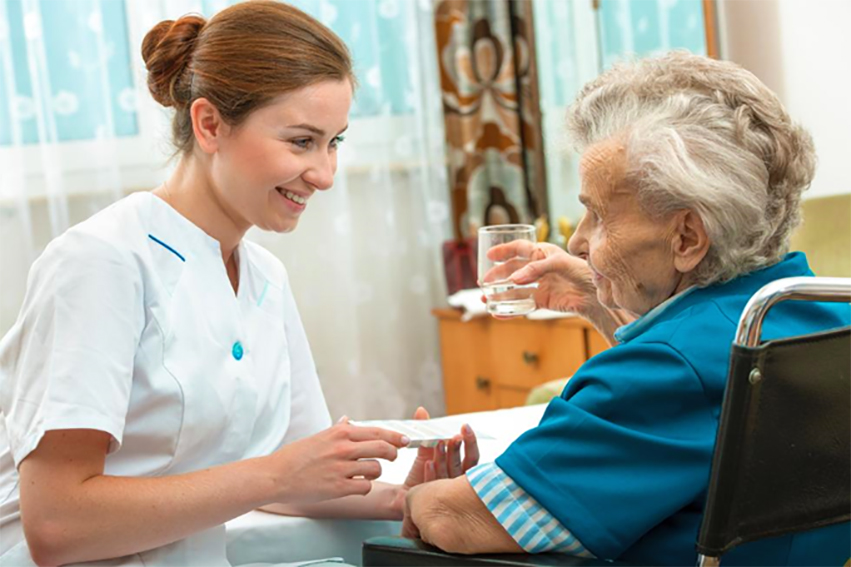Spring is a time of year when many older people and their families consider whether some extra help – or perhaps new technology – could make life easier and leave more time and energy for simply enjoying life. As families plan for the years school holidays ahead it can often become clearer that an elderly relative has more significant care needs that aren’t being met and there’s a scramble on how to fill that gap.
More Options Than You Might Think
People new to the care system are often surprised by the flexibility and choices available to them. Preconceived ideas about what receiving care means dissolve once they look at the options. Care can mean anything from a few hours a week to help with cleaning or cooking right up to live-in or residential care.
The starting point is always: ‘what would make life better?’ That’s a large part of how we see ourselves. Delivering elderly care in all its forms is what Altogether Care does. Why we do it is to help people enjoy the most active and fulfilling lives possible in their later years.
How Technology Can Help
The pandemic made us all more accustomed to doing things remotely. This trend has opened more options for elderly care. Remote GP consultations are now common, which can be more convenient if mobility is an issue, but there are other technologies and care models which are also contributing to better care.
Altogether Care is an advocate of technologies that can contribute to smarter home care. In partnership with the charity AbilityNet, friendly tech volunteers provide free IT support to older people and disabled people of any age, anywhere in the UK. We recently ran an AbilityNet drop in hub at our Weymouth Care Home.
There is also remote digital care technologies that are easy to install such as Ethel, a smart care hub. This works through a simple-to-operate tablet that includes medication reminders, video calling, remote ‘check-in,’ call-me requests and more. A really valuable feature is vital signs monitoring to provide early alerts of potential issues. Ethel can also be connected to motion, power and contact sensors placed around the home. Altogether Care are piloting the use of Ethel in partnership with Dorset Council for a limited number of clients.
There is no replacement for people, but these technologies and efficiencies will all contribute to improving and maintaining your loved ones care at home.
Starting The Conversation
For families, the hardest part is usually starting the conversation. Asking what would help your relative get more enjoyment from life might be a better starting point than suggesting they need to be cared for.
It’s also helpful to know what options are available. So take some time to look at our website to explore care at home, assisted living, holiday and day care, residential and nursing care options.
To learn more about how Ethel delivers greater peace of mind for elderly relatives needing care support at home, please visit www.ethelcare.co.uk, or for help with making technology accessible for your loved ones, AbilityNet can assist with knowledge about any device.
If you have any questions we’d be delighted to help. Give Altogether Care a call, visit our website, or email contact@altogethercare.co.uk.











